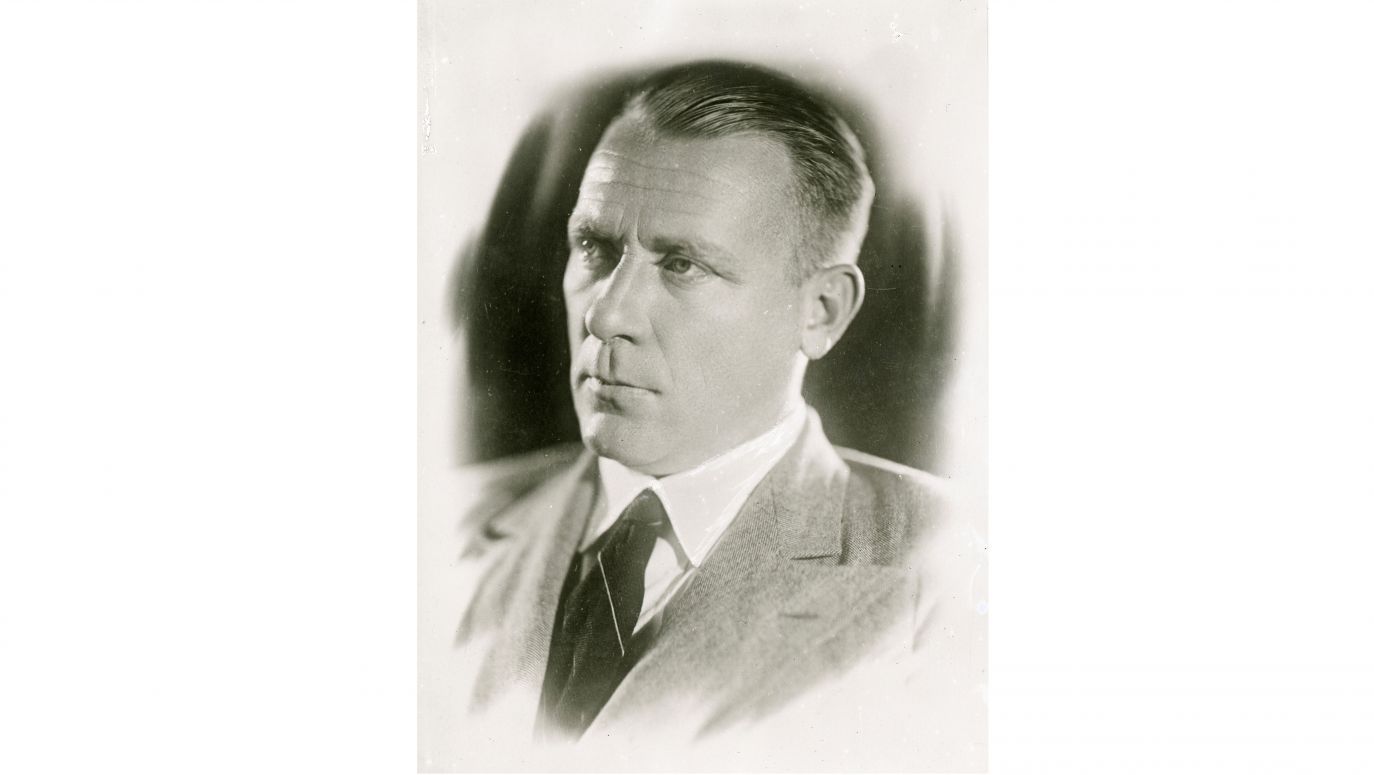Recently, a memorial plaque in honour of Mikhail Bulgakov was removed in Kyiv. It was dismantled from the Teaching and Research Institute of Philology of the Taras Shevchenko National University of Kyiv. At the beginning of the 20th century, the building housed a gymnasium, which the famous Russian writer attended.
Ekspertnyj Korpus - a social organization, dealing with historical education, is the initiator of the action. It does not hide the fact that its goal is to de-Russify the Ukrainian public space.
Bulgakov's case, however, seems controversial.
It is hardly surprising for those Ukrainians who, in the face of the atrocities of the Russian troops, intend to end fairy tales about the "brotherhood" of the East Slavic nations. That is why they remove traces of Russian culture everywhere in their homeland. Such is the cost of war and the cost of responsibility for the fact that it comes to bear it falls on the invaders.
However, we can look at the situation from a different angle. Movements such as removing a memorial plaque in honour of Bulgakov can be interpreted as local 'cancel culture' expressions, but we must remember that erasing the past is always breakneck social engineering. This is what happens when ideology is forced at the expense of truth.
Therefore, a fundamental question must be asked: is cultivating the memory of Bulgakov in Kyiv sustaining the "Russkij mir" in Ukraine? Ekspertnyj Korpus replies in the affirmative, accusing the writer of Ukrainophobia. It is worth considering.
Bulgakov's life fell on the years 1891-1940. Thus, he witnessed the demolition of the Romanov Empire and the creation of the Soviet Union on its ruins.
 SIGN UP TO OUR PAGE
SIGN UP TO OUR PAGE 
Bulgakov's most famous work is the novel "The Master and Margarita". Usually, in discussions about it, admiration for its undoubted literary value dominates. Only that this work also expresses a specific worldview that pleases various people who dream of Christianity without the Church.
"The Master and Margarita" contains pseudo-evangelical content. This novel can be referred to as "Satanism for the intelligentsia", formulated by a contemporary Russian Orthodox clergyman, protodeacon Andrei Kurayev.
But his other work, the "White Guard" novel, deserves attention in the context of the current disputes over Bulgakov in Ukraine.

 SIGN UP TO OUR PAGE
SIGN UP TO OUR PAGE 






